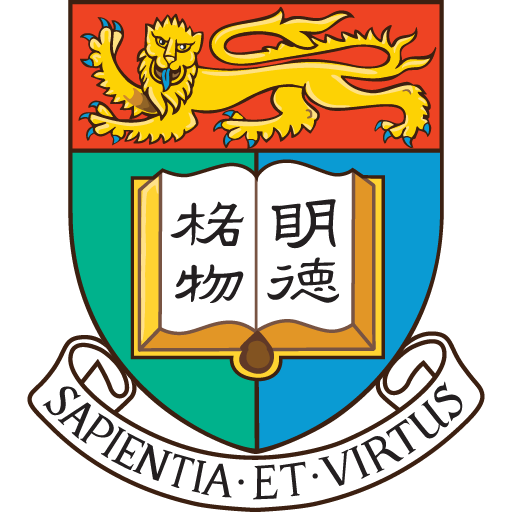ChatGPT processes text by breaking it down into tokens. Tokens can be words or just chunks of characters. For example, the word “hamburger” gets broken up into the tokens “ham”, “bur” and “ger”, while a short and common word like “pear” is a single token. The total number of tokens processed in a given request depends on the length of your input, output and request parameters. The quantity of tokens being processed will also affect your response latency and throughput for the models.
Each Topic is a chat session. A new session will be formed when the user clicks on a "New topic" button or Login again. All conversation records will be cleared when opening a new session.
Both teachers and students share the same links to HKU ChatGPT (https://chatgpt.hku.hk/) and HKU DALL-E (https://dalle.hku.hk/).
HKU ChatGPT and HKU DALL-E do not store your conversation data.
In general, you need to specify the role of the bot, the background of the task, the objective of the task, steps to complete the task and other details (if needed). For more technical details, you can refer to external training courses, such as https://www.deeplearning.ai/short-courses/chatgpt-prompt-engineering-for-developers/
For HKU teachers and students, Module 3 of the self-paced AI Literacy for Education course goes over the fundamentals of prompt engineering.
As far as we know, most AI detection tools are unable to accurately determine if a piece of text was generated by AI.
Given the lack of reliability and consistency, it is currently not advisable to rely on AI detection tools to prevent cheating or academic misconduct. Please use your best judgment when identifying student work that may have been partially/wholly generated by AI tools. We recommend educating students on the value of learning and integrity. You can also consider redesigning your assessment tasks and use those which AI cannot fully replicate or accomplish (also see https://talic.hku.hk/innovation/ai-in-education/assessments/resources-for-assessment-redesign/); this may further support students in developing their AI literacy. You can also ensure that students know how to declare, acknowledge, and/or cite their use of AI tools (e.g., https://apastyle.apa.org/blog/how-to-cite-chatgpt).
ChatGPT and other AI tools can be used for data cleaning through human instructions. However, you need to consider the security of adopted tools.
Currently, AI detection tools cannot provide reliable classification results of text generated by AI. Upon consultation with colleagues from the Department of Mathematics, we believe that most questions regarding calculations and formulas cannot be answered by ChatGPT yet.
You can take the self-paced AI Literacy for Education course developed by TALIC (https://learning.hku.hk/catalog/course/ai-literacy-for-education/).
Staff and students may use HKU ChatGPT and DALL-E, which are supported by HKU ITS. Staff and students may also use external tools, but they need to be fully aware of the security concerns of those tools.
Students and staff can use ChatGPT and DALL-E, which are supported by HKU ITS.
It is possible that the account is temporarily removed due to the non-consecutive contract period. Please contact ITS for inquiries on the access of ChatGPT.
Teachers can raise unlimited questions daily for GPT 3.5, and 60 daily for GPT 4.0. The student quota is 20 Questions per topic using GPT3.5, and 500K tokens per month. For OpenAI Service Chat API, a quota limit and rate limit on different models are applied. Please refer https://developer.hku.hk/api-details#api=azure-openai-service-api&operation=ChatCompletions_Create for more details.
It is possible for teachers or researchers to arrange for "self-paid" services with ITS, which is charged to the project account. Please contact ITS for details.
Please contact the course teacher, the Department or the Faculty for more details.


